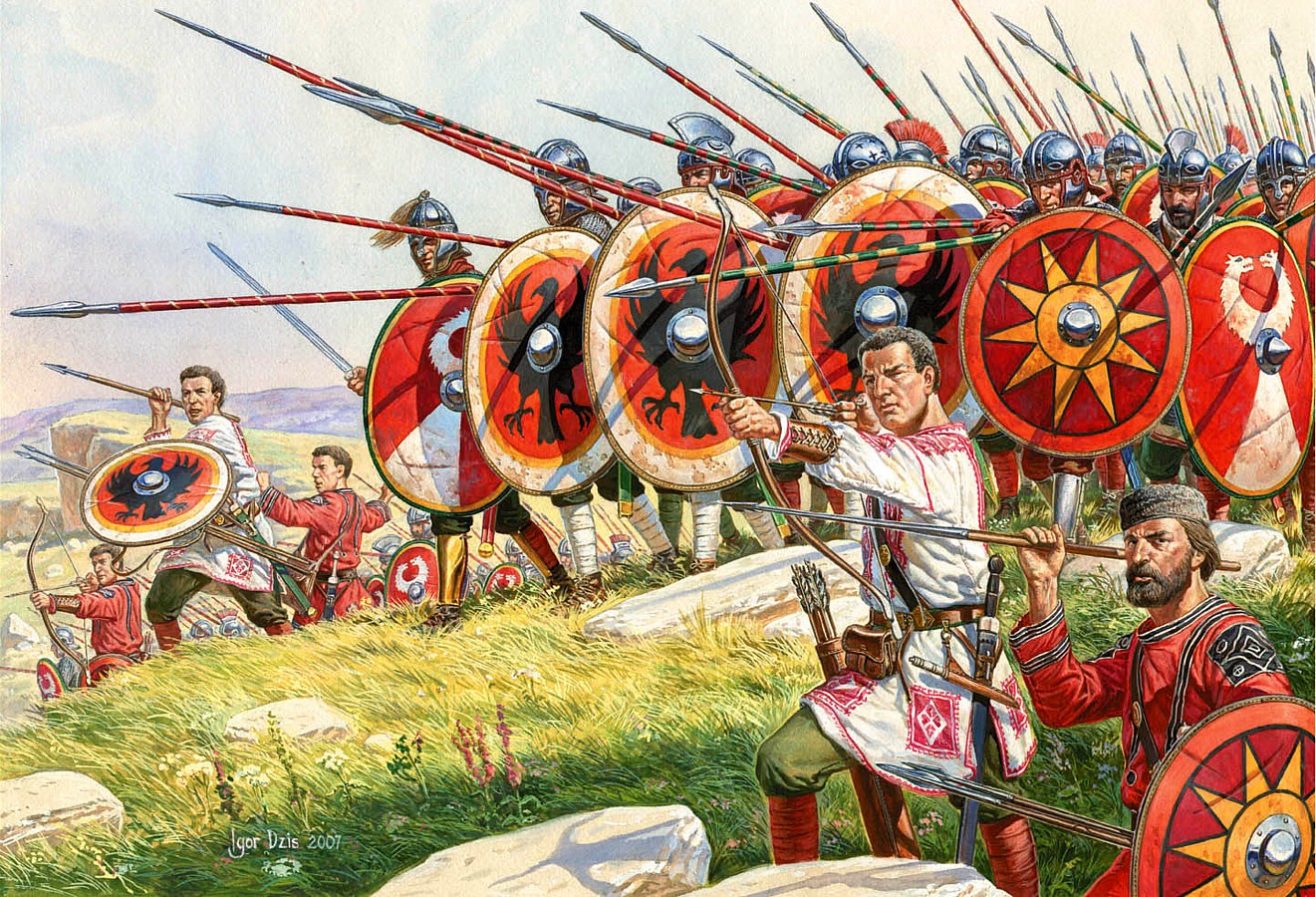Condition of the land
A designated distinction clearly was in attitude between your lowland Britons and also the slope nation of the northern. The former’s economy was that of farming that is satisfied, plus they were mostly of inventory that is Belgic; they valued the Roman life-style and quickly approved. The slope dwellers’ economy was pastoral, and also their independence of existence confronted. Though the end-of the first millennium ADVERTISEMENT placed out opposition in Wales, Roman impacts were nevertheless fragile except within the Vale of Glamorgan. Within the Pennines from Scotland there have been repeated rebellions, the threatening due to the risk of assistance before start of the 3rd-century.

Military and frontier
Three scores stayed following the Domitian had decreased the garrison in concerning the yr 90; their lasting angles were proven at York and Caerleon. The scores shaped the building blocks of military energy, however they were compounded in garrison responsibility by smaller additional regiments equally of infantry and cavalry, possibly 1000 or 500 powerful. The wall was garrisoned by these latter and were positioned in a community of additional fortifications proven for authorities work-in north England and Wales. With about forty and 15, the military of England, 000 auxiliaries was really effective; its existence had governmental in addition to financial outcomes. Wall was the absolute most remarkable frontier work-in the Empire. Despite when another frontier was organized about the Glasgow–Edinburgh Wall, a period of time within the subsequent two reigns, constructed of wall of Hadrian came into existence Roman Britain’s everlasting frontier. The upper tribes just twice prevailed in moving it, after which at occasions once the garrison fought elsewhere. When ocean raiding became predominant, the wall dropped its preeminence for that land like a protection, however it was constantly kept before end-of the 4th-century. But though they withdrew to Hadrian’s point not later interest was never forgotten by the Romans in Scotland. Within the 2nd-century their answer was military profession. Within the 3rd, after energetic campaigning (208–211) from the emperor Septimius Severus and his kids where lasting angles were constructed about the east-coast of Scotland, the clear answer used from the emperor Caracalla was legislation of connection by agreements. Patrols centered on forts, forced by guidance of the entire Lowlands these backed by subsidies. Throughout the 4th-century increasingly more dependence was positioned on pleasant indigenous claims, and patrols were removed.
